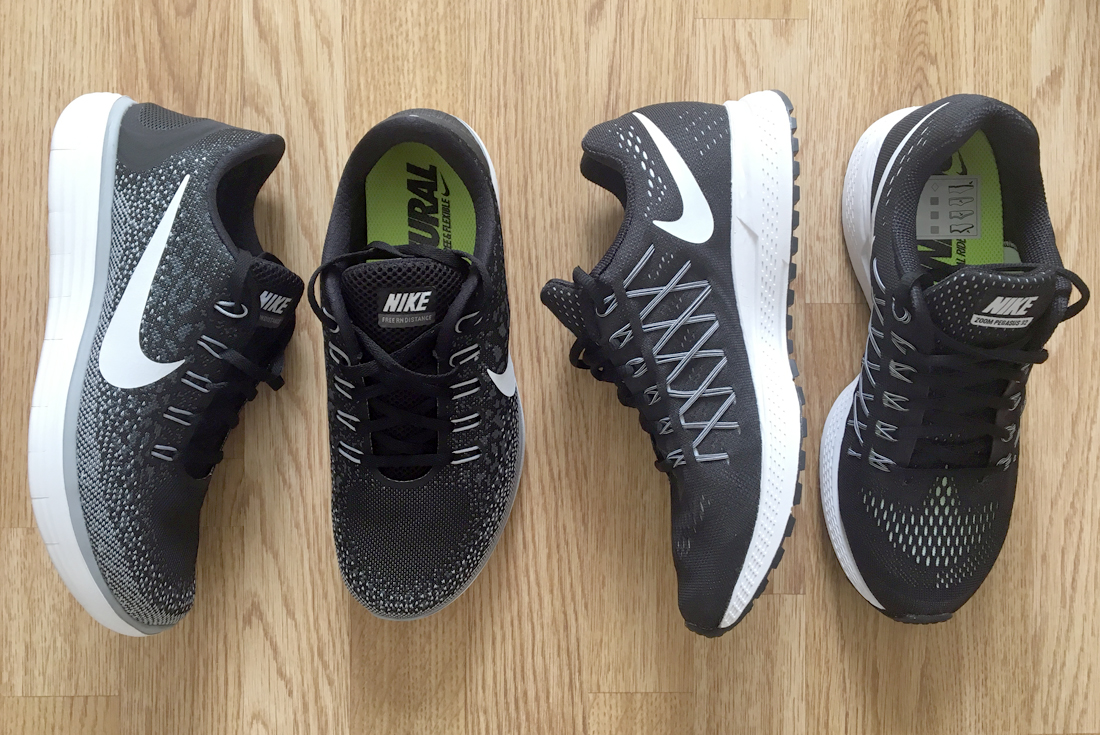
Sadly this isn’t the blog post I had planned – I’ll reschedule that more positive one for just before Liverpool.
It is the day before Manchester Marathon and I should be all excitedly filling my iPod with a Madchester-themed playlist. With it being a fast and flat course I should be sat here with high hopes of a PB. Instead, I’m sat here with a man-sized box of tissues. Something bad has happened during taper guys… I GOT ILL 😢
Running a full 26 miles is challenging enough when you’re at your best, but attempting it while dealing with a bout of illness is an entirely different ordeal. There have been moments this week when I questioned if it was even worth attempting.
Last Tuesday I woke up and my throat was bright red, by Wednesday everything hurt and I felt like I had been run over by a bus, by Thursday my tongue was covered in all sorts of tiny ulcers (I’m painting an attractive picture of myself right now). With time not on my side, I had to shift it and fast. Tomorrow may tell if I am a massive idiot for continuing on, but I’m not the kind of girl to go through months of training to miss race day.
I’ve read varying reports this week on running with a cold, most say if you’re OK from the throat down it’s OK to continue, if it’s on your chest then don’t bother. Everybody is different so please don’t take what I say as medical advice – I’m getting that disclaimer in right there. This is what I’ve done to hopefully help my body fight this thing off quickly – read next weeks race report to see if this was effective or not.
This is what I’ve done to hopefully help my body fight this thing off quickly – read next weeks race report to see if this was effective or not.
Suspend ALL Training
In order to get better rest becomes a priority. I have done zero running this week. I have been going to bed at least 2 hours earlier than usual. You won’t gain any fitness race week but overdoing it when you are poorly could put you back.
Keep hydrated
This is always a good practice, but in this situation, it’s crucial to flush out the illness. Keep drinking plenty of water.
Dose up
My handbag looks like I’ve raided Boots (other chemists are available). I’ve been eating vitamin C tablets like sweets – until I noticed the back of the packet states ‘excessive consumption can cause laxative effect’ oh 💩. I’m hoping Beechams, Covonia, and Sudafed aren’t on the list of banned substances.
Remember to eat
I love food, probably more than I love people. Yet when I’m ill it’s the last thing on my mind.
You need to eat well in order to get better. Not great when everything tastes weird but if there is one time you need to eat your greens it’s now. Plenty of carbs for energy too.
Blow your nose as much as possible
There is no nice way of saying this, but the more you can get out, the less chance there is for it to run down towards your chest. TMI I know, I felt a bit sick typing that.
Abandon hopes of a PB
Making the start / finish line in one piece became my aim. I’ve even looked up the cut off time (6 hours). I’m not saying a good time is not possible, I’m just not getting my hopes up. While I’m over the worst of it, I don’t feel at my peak.
Re-evaluate your goals
If I have to walk, I’ll walk. You get the same medal if you come first or last. I’m being sensible by telling myself this but inside I will beat myself up for weeks/months/forever if I run my slowest time ever.
Be sensible
Listen to your body and trust your instincts. There will always be other races. Take each day as it comes, see how you feel. Only you know how well you feel. As annoying as it is to DNS / DNF it really isn’t worth making yourself ill for.



